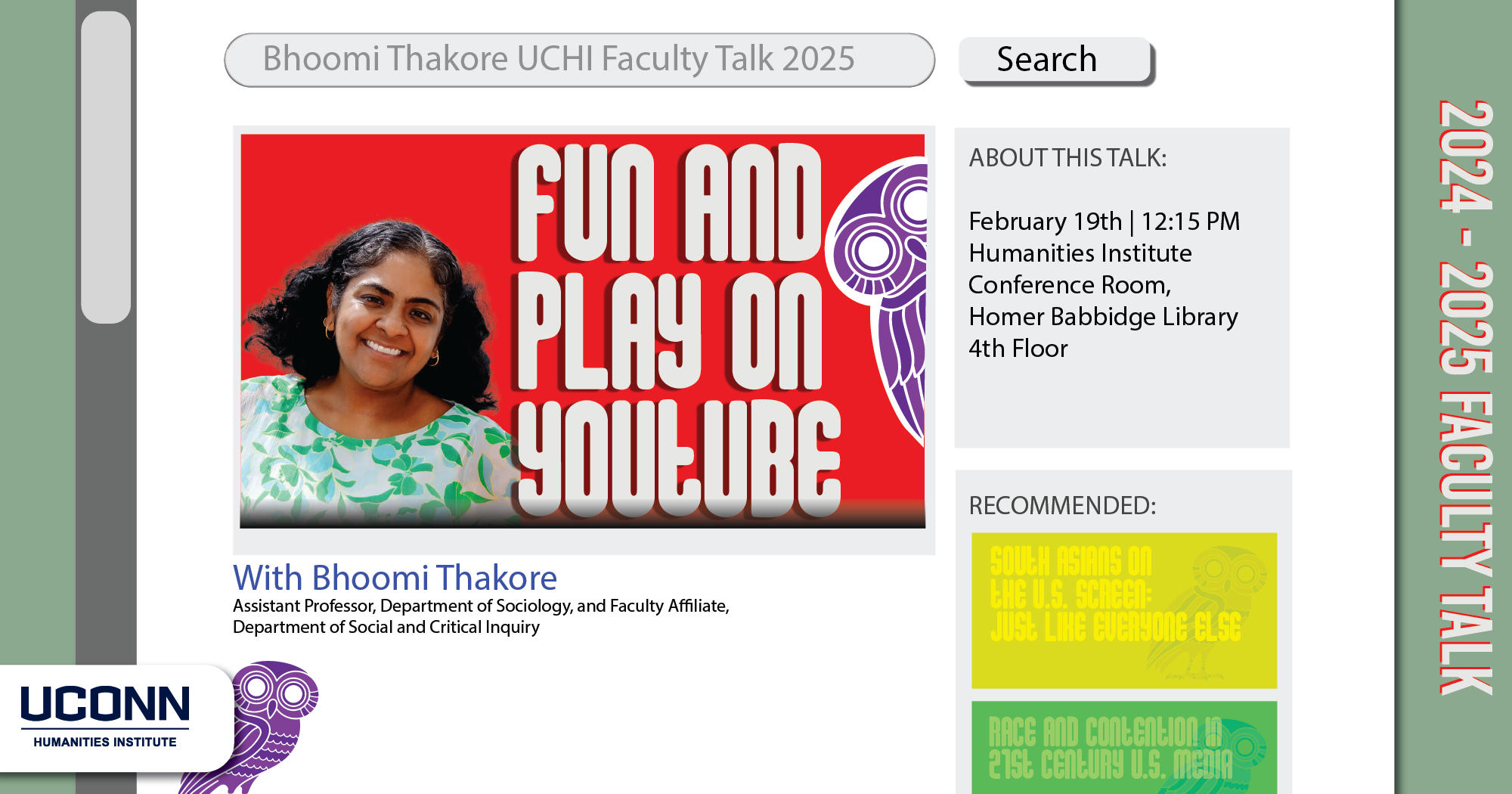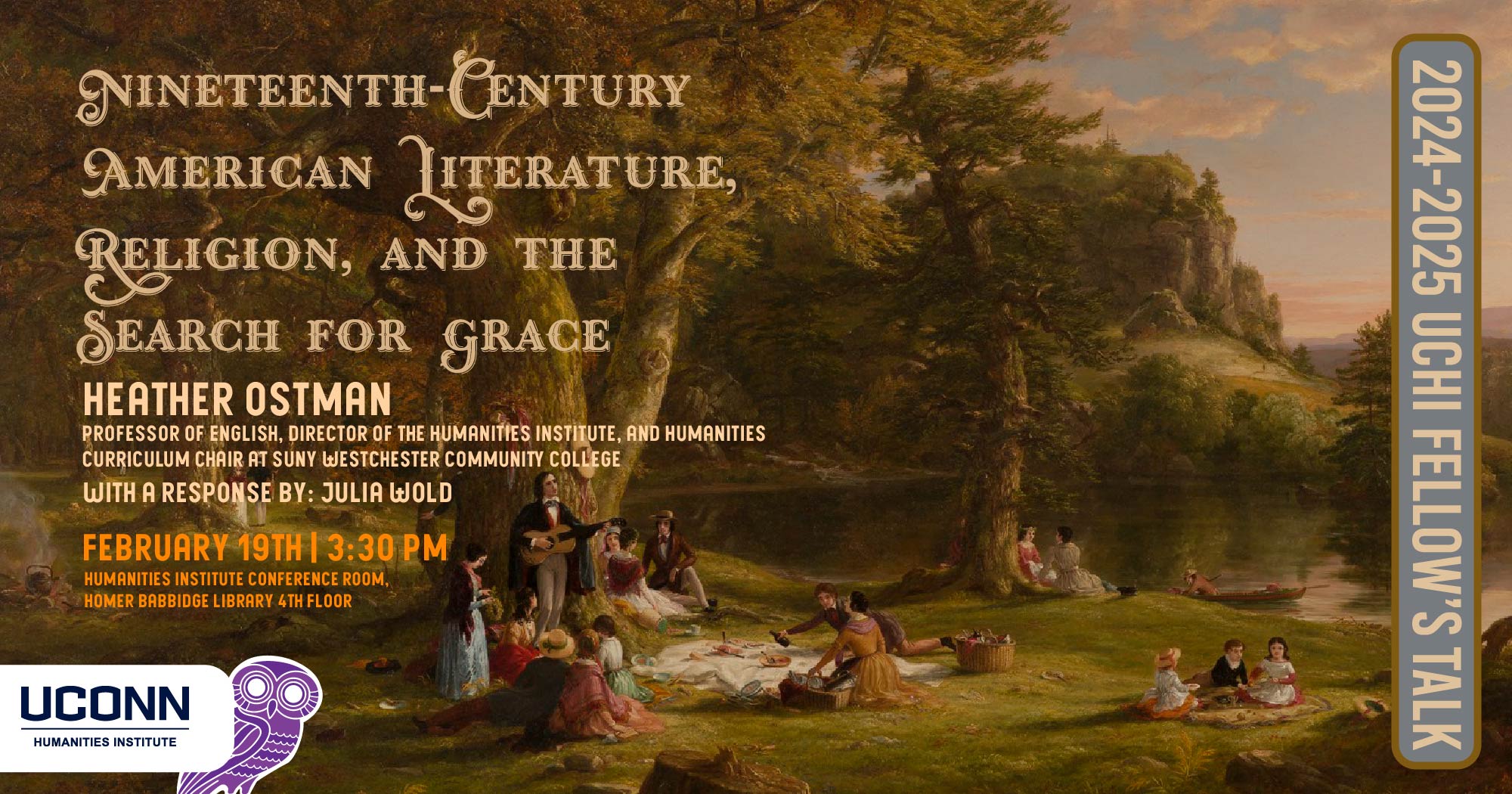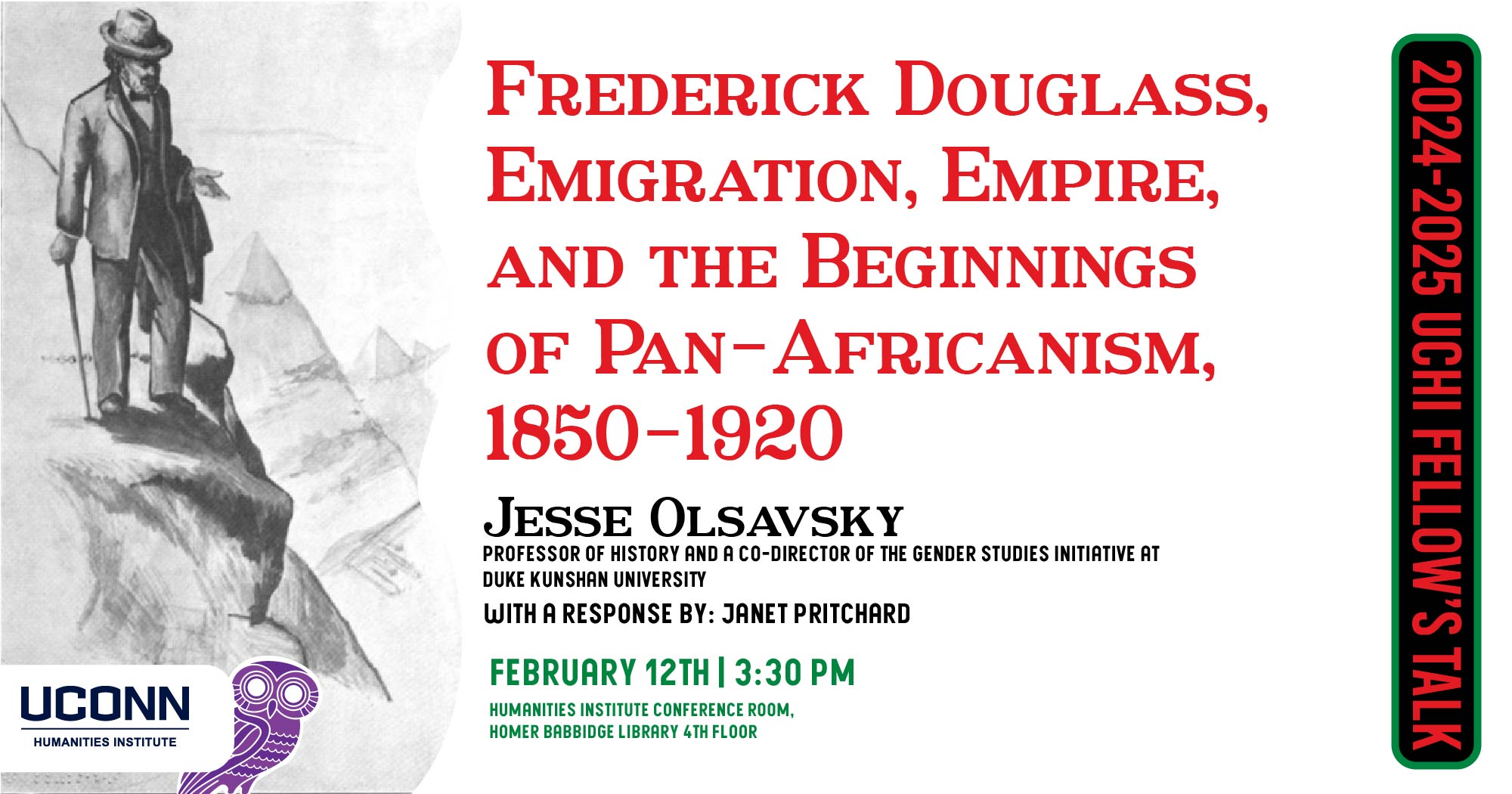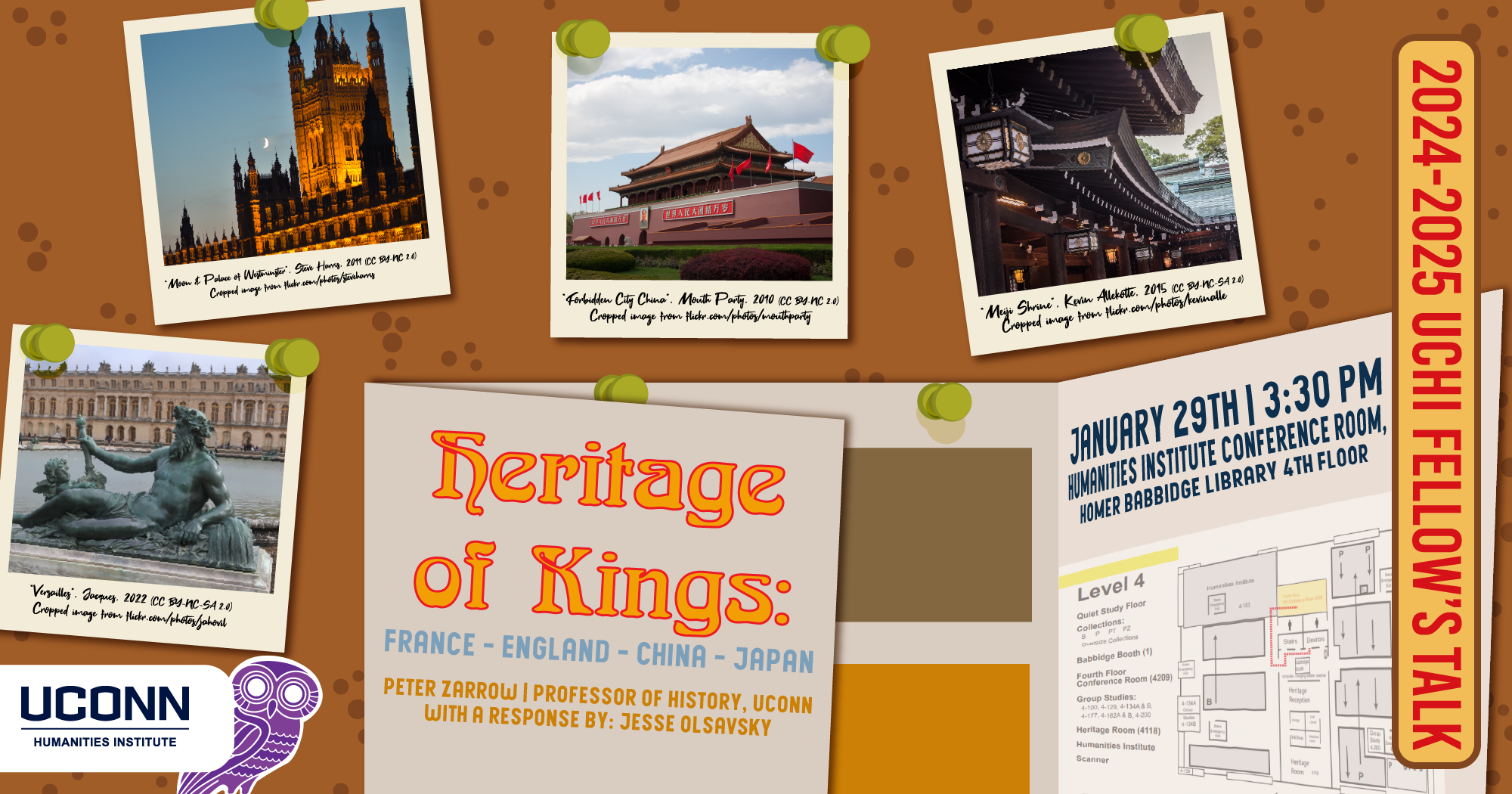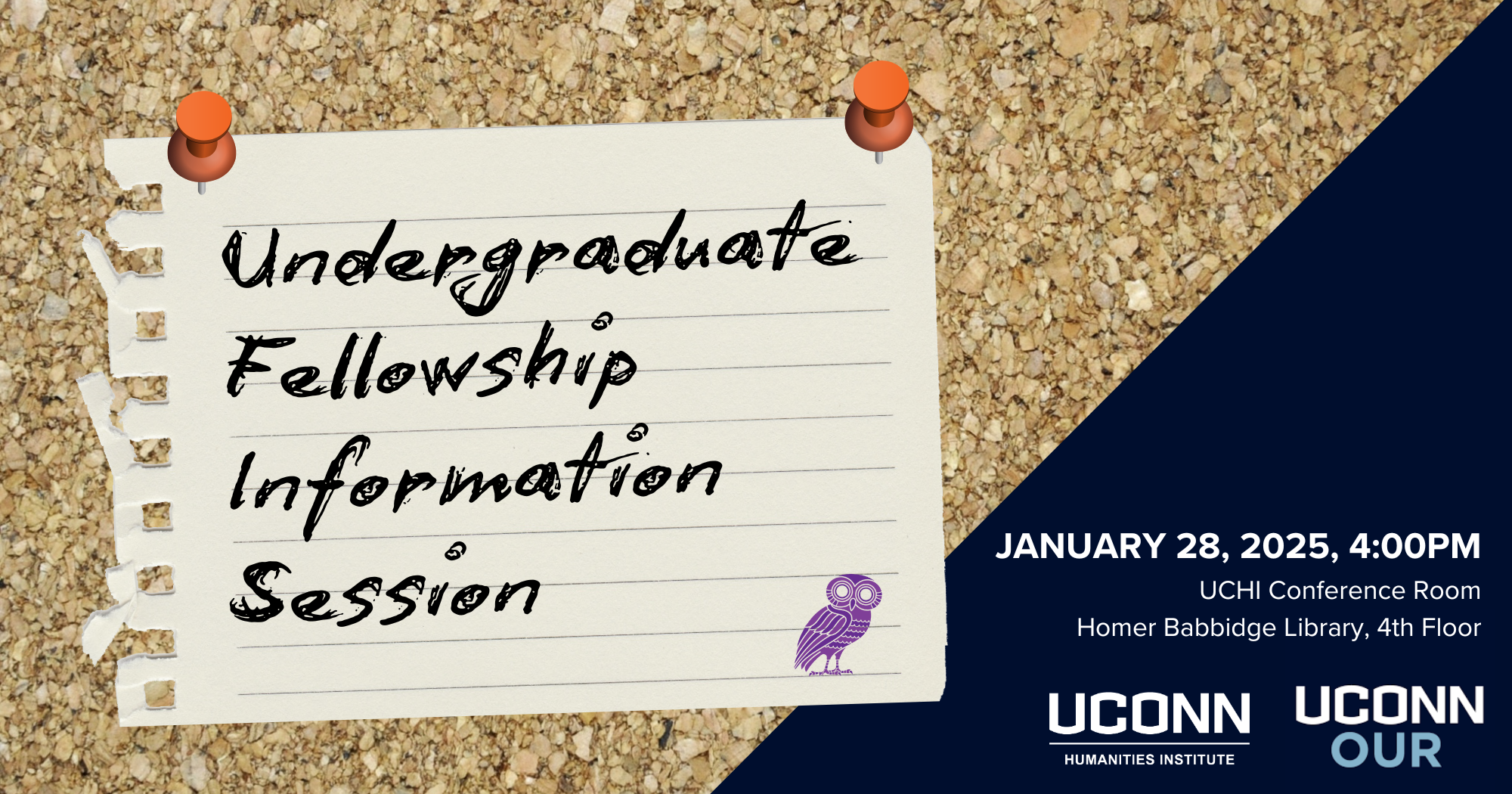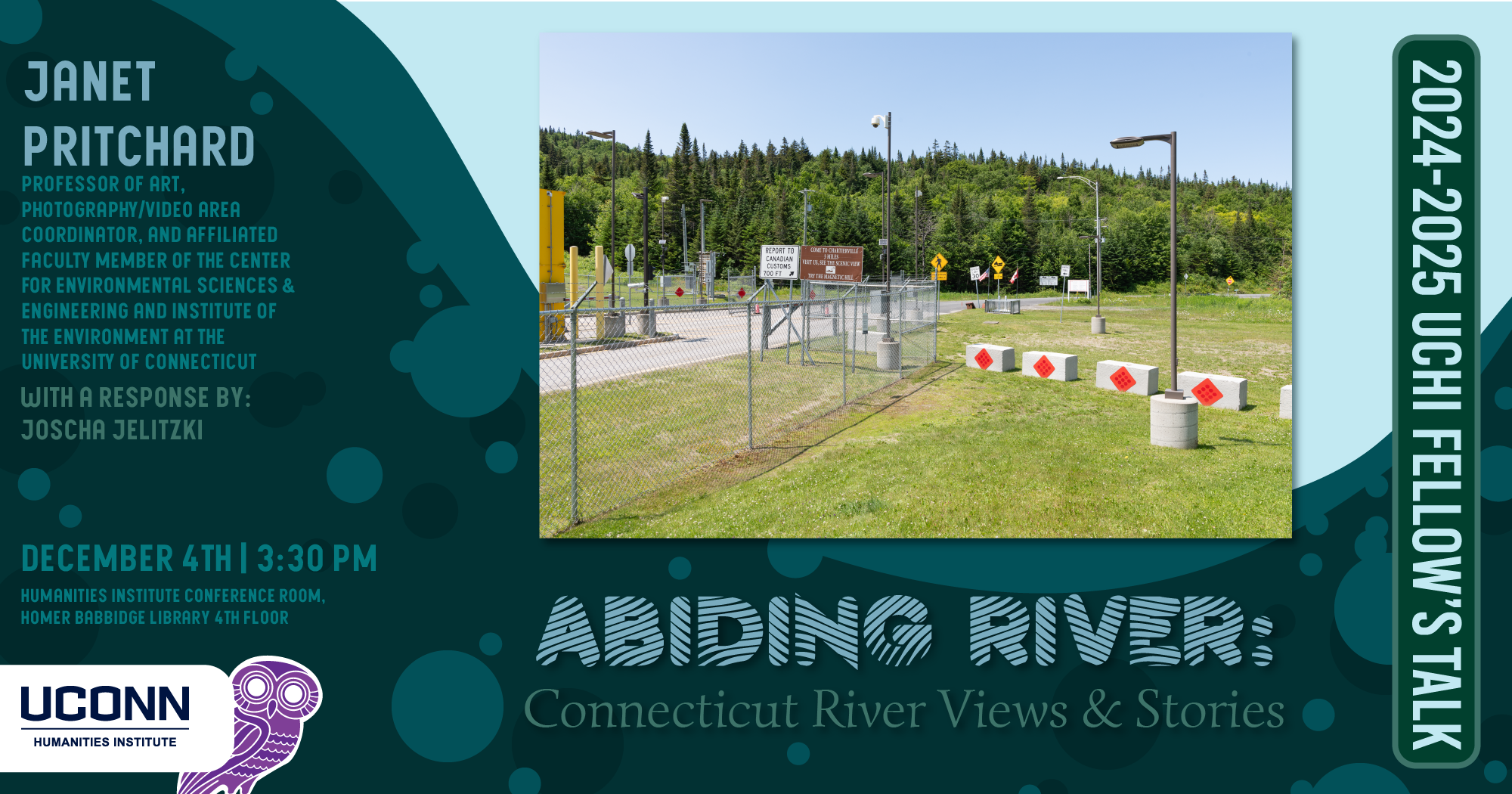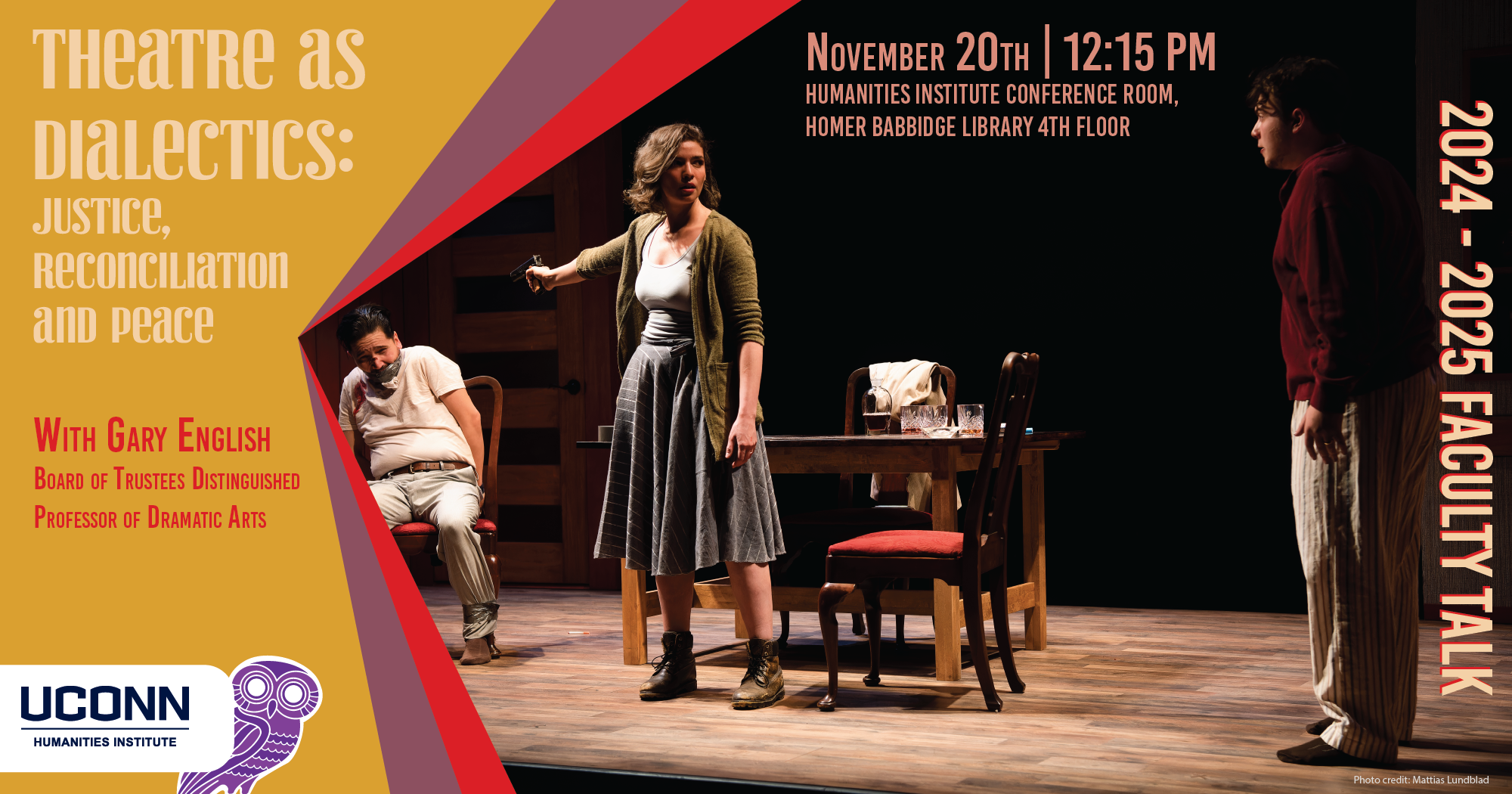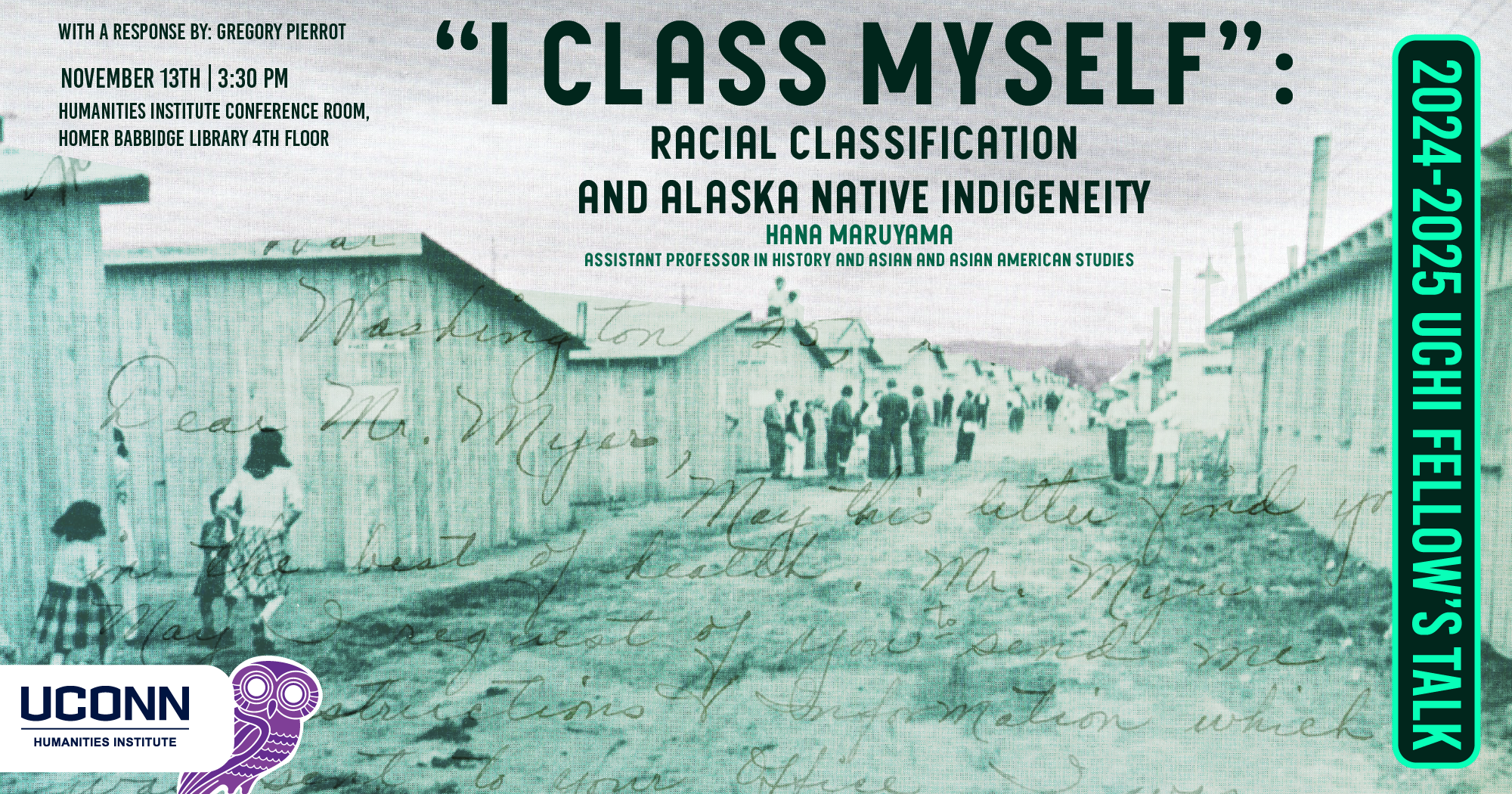Fun and Play on YouTube
Bhoomi K. Thakore (Assistant Professor of Sociology and Faculty Affiliate, Department of Social and Critical Inquiry, UConn)
Wednesday February 19, 2025, 12:15pm, Humanities Institute Conference Room (HBL 4-209)
The event will also be livestreamed with automated captioning.
Since its 2005 launch, YouTube has been the premier site for long-form video content. Even within the sea of social media entertainment, YouTube has maintained its significant influence on society and culture. Users have found opportunities to develop their interests and communities. Amateur creators have a platform to showcase their identities and creativity, with the potential for profit. In this talk, I will present findings from a sample of amateur YouTube content creators highlighting the experiences of fun and play in content creation, and YouTube’s commercial influences on creativity.
Bhoomi K. Thakore (she/her) is an Assistant Professor, Department of Sociology, and Faculty Affiliate, Department of Social and Critical Inquiry, at the University of Connecticut. Her research areas include inequalities, media sociology, and the scholarship of teaching and learning.
Access note
If you require accommodation to attend this event, please contact us at uchi@uconn.edu or by phone (860) 486-9057. We can request ASL interpretation, computer-assisted real time transcription, and other accommodations offered by the Center for Students with Disabilities.
